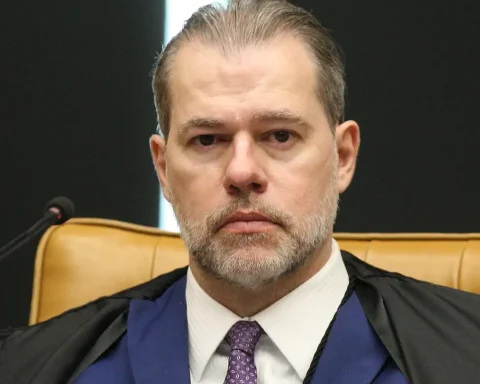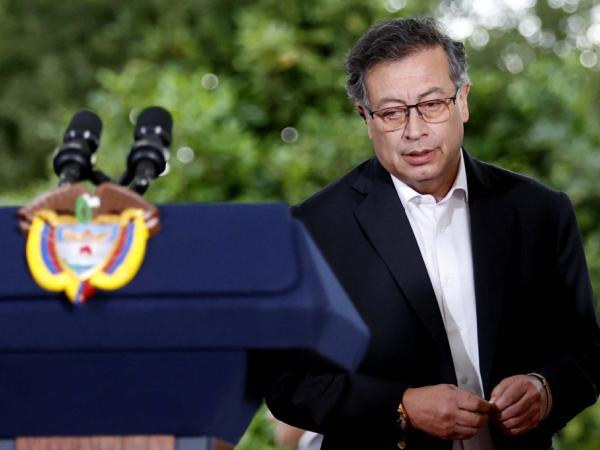This Friday (29), the 13th salary entered the accounts of around 92.2 million workers with a formal contract, including domestic workers, retirees and Social Security pensioners from the Union, states and municipalities. The estimate is from the Inter-Union Department of Statistics and Socioeconomic Studies (Dieese),
On average, the extra payment will be R$3,096.78, which will result in an increase of R$321.4 billion in the Brazilian economy, equivalent to 3% of the Gross Domestic Product (GDP, sum of all goods and services produced in the country.
Dieese’s technical supervisor, Mariel Angeli Lopes, told Brazil Agency that the impact of Christmas bonuses is very important on economic development, especially at the end of the year. “Demand for products and services increases across the country. The commerce, bars, restaurants, hotel and tourism sectors have seen a huge increase in demand, caused by the payment of the 13th salary.”
If it is good for the economy, the economist says it can also be an opportunity for the person receiving the resources to organize their finances, invest or set up an emergency fund. “The use of resources from the 13th salary depends a little on the needs of the people who will receive it and their current financial situation.”
For the Federal Economic Council (CFE), counselor Ana Cláudia Arruda also understands that extra money is very welcome, especially when people were unable to set up their emergency reserve throughout the year. “It’s money that can guarantee financial health for the beginning of the year.”
“First, we recommend listing needs and priorities. In general, people do not put their expenses and the priorities for these expenses on paper. It is necessary to make a list thinking about what needs to be purchased now and what can be left for later, not forgetting to include paying off old debts, which is of fundamental importance, considering the interest rates”, says Ana Cláudia.
How to use
THE Brazil Agency has separated ten financial tips on how to use your 13th salary, with planning. Suggestions range from past debts to new purchases and investments for the future.
. Debt settlement
Debtors should prioritize the largest debts, with higher interest rates, especially late accounts, such as credit cards, installment plans and special checks.
Counselor Ana Cláudia Arruda notes that debt can also have psychological impacts. “Getting rid of debt is fundamental to people’s mental and financial health.”
. Negotiation with creditors
The debtor may try to obtain discounts or more favorable conditions for paying the debt, if he is unable to pay it off. “The entry of this resource can be very welcome to facilitate the renegotiation and, often, the extinction of various debts and financial commitments that these people have to start 2025 with an income less committed to loans and financial debts”, recommends the Dieese economist.
. Emergency financial reserve
The money saved can help, without the need for debt, to deal with unexpected expenses. Emergencies such as your own or your family’s health problems, job loss, home repairs or unforeseen car problems may occur. The emergency reserve must be made in a safe asset (low risk of loss of invested capital) and with liquidity, which guarantees immediate redemption, if necessary.
THE Serasa recommends that the reserve be equivalent to three to six months of monthly expenses. “This may vary depending on the person’s personal and professional financial situation. A self-employed person, for example, must have a more robust reserve.”
“Paying off debts is not spending planning. Also prioritizing expenses and setting up an emergency reserve, which is essential for everyone”, says Ana Cláudia.
. Spending management at the beginning of the year
The Christmas bonus can be used to pay additional bills that usually fall due at the beginning of the year and thus avoid financial hardship. Among the most common expenses are the purchase of school supplies, hiring educational services and paying taxes such as the Urban Property and Land Tax (IPTU).
. Purchase planning
Make a list of items you need to purchase, establish a budget, research prices and suppliers before making the purchase, establish a maximum amount to be spent. If you decide to purchase, buy in advance of commercial commemorative dates that encourage consumerism and avoid debt installments, which generally have interest attached.
. Discounts
Asking for discounts on products and services, taking advantage of promotions and exchanging more affordable services can make a difference in your budget.
. New debts
Even with the budget space provided by supplementary remuneration, avoid new debts and buy on impulse so as not to compromise your financial planning with anything that is not essential. Avoid excessive spending, especially during Christmas shopping times.
. Payment deadlines
Paying off all your debt at once can be a good way to avoid interest, as long as you don’t compromise paying off other expenses. And many stores offer significant discounts for paying in cash. In the case of purchases in installments, the consumer must be aware of the accumulation of quotas so as not to involve a significant part of the monthly income, increasing the risk of debt.
. Investments
Ana Cláudia Arruda recommends saving and setting aside some of the extra resources for a financial investment. Money can expand assets and guarantee resources for future goals, such as buying a property, ensuring retirement, paying for a specialization course or taking a trip. Investments can be diversified. Distributing money across different types of investments can generate more profitability and reduce risks.
. Assessment of the financial situation
Many expenses deserve attention because they drain the budget without real perception by the owner of the money. A key change coming from planning can mean savings, for example, with the cancellation of abusive contracts, review of credit card annual fees, monitoring the consumption of telephone services, electricity and water supply, elimination of services not used, such as courses, streaminggym not attended.
Talk to someone who understands
The extra resources that arrive at the end of the year can improve personal accounts and even generate more money.
If you need help organizing your finances, the person receiving the year-end bonus can look for a financial advisor. The professional can analyze the current financial situation, define goals, identify the investor profile (conservative, moderate or bold) and provide information that can contribute to making informed decisions about extra money.
Currently, there are several free and paid personal finance apps available for smartphoneswhich can help organize earnings, expenses and investments to make money pay off.

















